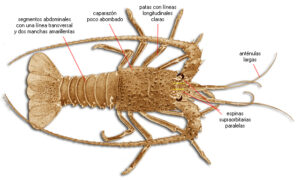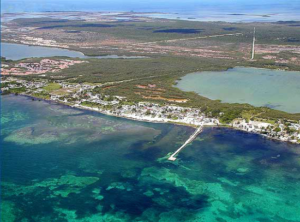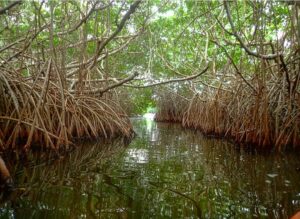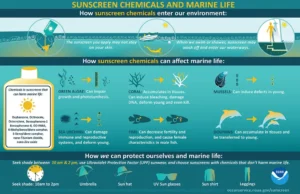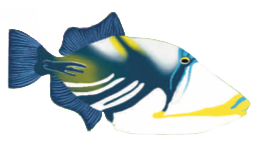
Lobsters, those majestic denizens of the deep, have captured the fascination of marine enthusiasts and culinary connoisseurs alike. From their varied habitats to their economic and ecological importance, these creatures play a significant role in maintaining the delicate balance of marine ecosystems. Nowhere is this more evident than in the coastal town of Xcalak, where the interplay between humans and lobsters creates a unique tapestry of conservation and culture.
Habitats of Lobsters: The Ocean’s Havens
Lobsters, belonging to the family Nephropidae, are crustaceans found in various oceans around the world. They thrive in a range of habitats, from shallow coastal waters to deep-sea crevices. These creatures are often characterized by their hard exoskeletons, large claws, and impressive ability to adapt to different environments.
Ecological Significance: Key Players in the Marine Food Web
Lobsters hold a vital role within marine ecosystems. As both predators and prey, they contribute to the intricate balance of the food web. Lobsters feed on various marine organisms, including small fish and invertebrates, helping to regulate their populations. In turn, they are prey for larger predators like sharks and cod, contributing to the overall health and biodiversity of the oceans.
Xcalak and the Lobster Connection
In the coastal town of Xcalak, the relationship between humans and lobsters is deeply intertwined. Xcalak, located along the Caribbean coast of Mexico, is a haven for divers, anglers, and nature enthusiasts. Its pristine waters and coral reefs create an ideal habitat for lobsters. The rich diversity of marine life in Xcalak includes various lobster species, adding to the area’s allure.
Sustainable Lobster Fishing: A Tradition in Xcalak
Lobster fishing has a long-standing tradition in Xcalak, where it supports the livelihoods of local fishermen and contributes to the town’s economy. However, the delicate balance between harvesting lobsters and preserving their populations requires careful management. Xcalak’s fishermen have embraced sustainable fishing practices, adhering to size limits, closed seasons, and other regulations to ensure that lobster populations remain healthy and abundant.
Conservation Efforts: Preserving Lobsters for Generations
Recognizing the importance of lobsters in both economic and ecological terms, Xcalak has taken proactive steps to conserve these marine resources. Collaborative efforts between fishermen, local authorities, and conservation organizations aim to ensure the long-term sustainability of lobster populations. By balancing the needs of the community with the health of the marine environment, Xcalak exemplifies a model of responsible lobster fishing.
Cultural Significance: Lobsters in Xcalak’s Identity
Lobsters have become more than just a marine resource in Xcalak; they are intertwined with the cultural fabric of the town. Annual lobster festivals celebrate not only the bounty of the sea but also the unique relationship between humans and the ocean. These festivals offer a platform for education and awareness, emphasizing the importance of sustainable practices in maintaining the delicate balance of marine ecosystems.
The Future of Lobsters and Conservation
As the world grapples with the challenges of overfishing and environmental degradation, the story of lobsters in Xcalak serves as an inspiring example. By recognizing the ecological significance of these creatures and embracing sustainable fishing practices, Xcalak has created a harmonious coexistence between human needs and marine conservation. This model provides valuable insights into how coastal communities can thrive while safeguarding their natural resources.
In conclusion, lobsters are not only remarkable marine creatures but also symbolic of the delicate relationship between humans and the oceans. In the coastal town of Xcalak, the story of lobsters transcends mere biology; it’s a tale of sustainable fishing, conservation, and cultural heritage. By celebrating the marine world’s treasures while respecting its limits, Xcalak showcases the power of human stewardship in maintaining the health and vitality of our oceans.


